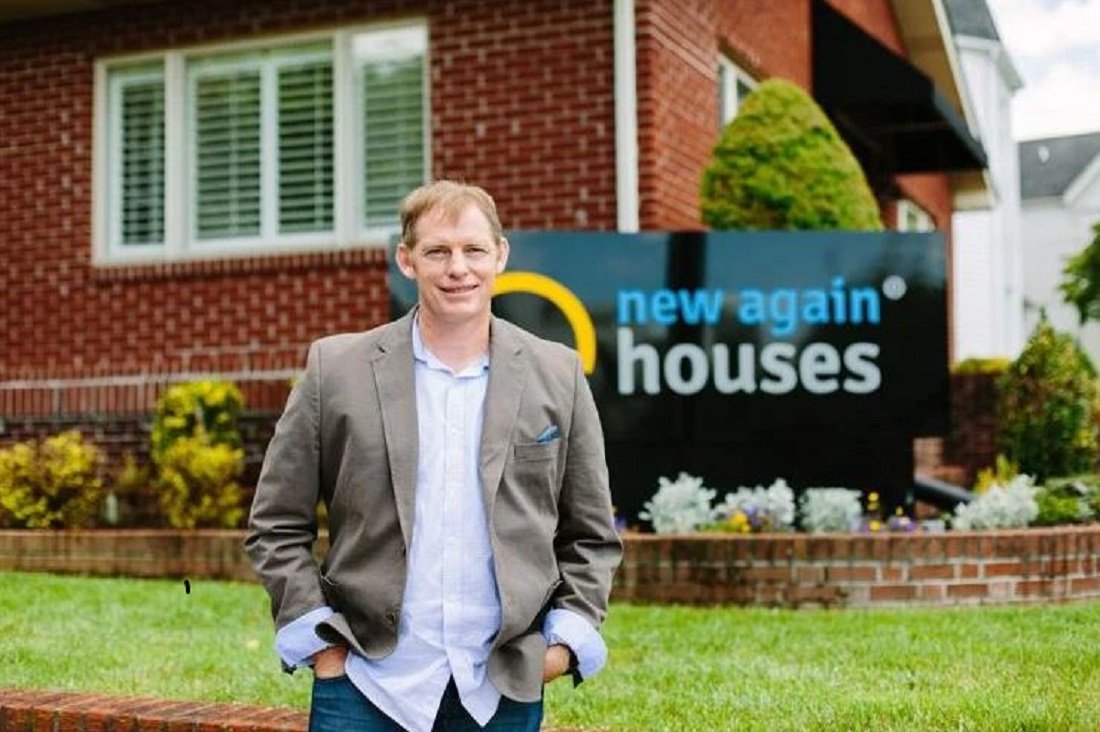
I recently went one on one with Ruchika Tulshyan, author of Inclusion on Purpose: An Intersectional Approach to Creating a Culture of Belonging at Work.
Adam: Thanks again for taking the time to share your advice. First things first, though, I am sure readers would love to learn more about you. How did you get here? What experiences, failures, setbacks or challenges have been most instrumental to your growth?
Ruchika: I grew up in Singapore, in a traditional Indian family. My early life shaped my commitment to what I do today; Singapore is a racially and ethnically diverse country and you’re constantly interacting with people from different backgrounds in your neighborhood, schools and workplaces. So it was a shock for me when I moved out to the UK and US, that many people in the west live in homogenous communities. Research finds 75% of white Americans don’t have a single friend of color.
This statistic troubled me and has fueled me to want to create a different future.
I started my career as a business journalist and moved around the globe when I first started out–which was incredible but also lonely. Seeking community and connection became a constant theme of my life later on.
I had a tough work experience in the technology industry, where facing sexism and racism at work exposed the ideas I previously held about meritocracy and “you get as far as how hard you work.” I realized inclusive workplaces don’t happen by chance, it takes intention and constant action, driven by leaders.
Adam: What do you hope readers take away from your new book?
Ruchika: That the experience of women of color, and people from other underestimated backgrounds in the workplace, is unfortunately fraught with bias and challenge. But it doesn’t have to be that way. But we can’t just say we want to create an inclusive workplace and leave it to chance; we have to work towards it every day and take personal responsibility for it.
Adam: What are your best tips for leaders on the topic of diversity and inclusion?
Ruchika: Get comfortable with being uncomfortable. Making meaningful change means challenging the status quo. It means having uncomfortable conversations like educating other peers that the practices we take for granted in the workplace today like salary negotiations, the hiring process, how pay and promotions are determined are often riddled with biases. It is hard to stand up to sexism and racism in a difficult moment. And yet, there’s literally no other way if you’re seeking to create a diverse and inclusive workplace.
Also, there’s no substitute for taking time to cultivate personal awareness and self-education. I recommend reading widely and consuming media (podcasts, newsletters, blogs etc.) from a wide variety of thought leaders, not just the people in privilege or power.
Adam: What do you believe are the defining qualities of an effective leader?
Ruchika: I fundamentally believe that inclusion is leadership is inclusion. Without inclusion at the forefront of a leader’s agenda, I don’t believe a leader can be effective. That means, taking an active look at who’s missing from the conversation today and how to bring them in. It means, interrupting the interrupters and amplifying the voices that are quietened. It means thinking differently about who gets to lead and who gets to speak up.
Also, take time to get others’ names and pronouns correct.
Cultivating psychological safety is also very important. It’s obviously important to create an environment where everyone can speak up, but also just as important is to have a team culture where everyone feels like they can take risks and/or fail and still be respected.
Adam: How can leaders and aspiring leaders take their leadership skills to the next level?
Ruchika: Develop curiosity, empathy and diversity. For the first point, curiosity means genuinely asking questions and listening to hear, not to respond or make a counterpoint. Empathy refers to understanding that another person’s experience may not be the same as yours, particularly if they’re from a marginalized or underestimated group. And most significantly, diversity…seeking a wide variety of perspectives is so necessary. If you’re only listening to people who look like you, your leadership will be shortsighted, at best.
Adam: What are your three best tips applicable to entrepreneurs, executives and civic leaders?
Ruchika:
Build it better than you found it.
Build it for more people than have access to it today.
Build it with a wider variety of people than those who get to work on it today.
Adam: What is your best advice on building, leading and managing teams?
Ruchika: It’s really hard work; time and again when I work with leaders (I’ve been lucky to advise global leaders who are working on huge challenges like global disease eradication or creating infrastructure that would impact the lives of millions), they say it’s managing and motivating people that is the hardest work. Be humble and look for the passion and purpose in everyone you work with, not just those who look like you or remind you of a younger you.
Adam: What is the single best piece of advice you have ever received?
Ruchika: So much. But most recently: One of the biggest muscles women of color have to train is our sense of significance. We have to build that muscle to the point where it is seen and felt by others or it is so strong in ourselves that we don’t give a damn about those who don’t.








